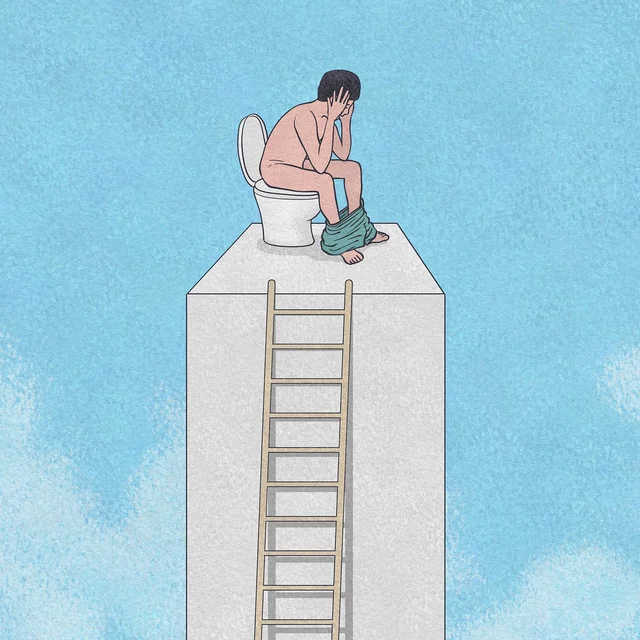All You Need To Know About Constipation
Millions of people worldwide suffer from constipation. This condition is characterised by infrequent or hard bowel movements and difficulty passing stool. Constipation is uncomfortable. It can cause gassiness, abdominal pain and bloating. You may also experience nausea or vomiting when you have constipation.

It all boils down to:
When waste products from the digestive tract are not moving as quickly, constipation can occur. This causes hard and dry stool that is difficult to pass. Constipation is most commonly caused by diet, including insufficient water intake and not enough exercise, as well as medical conditions like diabetes, Parkinson's disease and irritable bowel syndrome. Constipation is more common in women during pregnancy than it is for men after 50. About 2.5 million Americans suffer from constipation.
Constipation: Common Causes
Constipation is most commonly caused by:
- A low intake of fiber and water
- Insufficient physical activity
- Some Medications
- Irritatable bowel syndrome, Parkinson’s disease and diabetes are all medical conditions.
- Pregnant women are more susceptible to constipation
- After age 50, it is more common for men to have this condition.
There are several common treatments for constipation
Constipation can be treated with many different methods. Laxatives are a common treatment for constipation. Fiber supplements, stool softeners and laxatives are some of the most popular. The bowels may be stimulated to eliminate waste. Fiber supplements may help increase stool bulk, which makes it more comfortable to pass. The stool softeners increase the water content, making it easier and more comfortable to move. To flush the bowels, enemas can be inserted in the rectum.
Although these treatments may be helpful in constipation relief, they can cause side effects like cramping or bloating. To ensure safety, it is important that you consult your doctor before using any of these treatment.
Considerations of experts and professionals regarding constipation
Constipation can be managed by lifestyle and diet changes, according to experts. Regular exercise, consuming a healthy diet high in fiber, and drinking lots of water can all help to maintain a functioning digestive system. Reduce constipation symptoms by avoiding dairy products and processed food.
Prescription medications are sometimes necessary in some instances to relieve constipation. The medications increase the water content of the stool to make it easier and more comfortable. These medications must be administered only under the guidance of a physician.
Natural remedies and tips for constipation
There are natural ways to relieve constipation, in addition to lifestyle and diet changes. Flaxseeds, chia seeds and ginger are all good options. Prunes, which are rich in fiber, can increase the bulk of your stool and make it more comfortable to move. The fiber in flaxseed and the chia seeds can soften stool. Ginger can stimulate digestion and relieve gas. Senna Tea is an herbal laxative which can stimulate the intestinal tract to eliminate waste.
Natural remedies might not suit everyone. It is best to first consult your doctor before you consider any of these remedies.
Conclusion
Constipation can cause discomfort and even bloating. Constipation is most commonly caused by diet, including inadequate fiber and water intake and not enough exercise. Many treatments are available to treat constipation. These include laxatives and fiber supplements as well as stool softeners and enemas. Experts agree that lifestyle changes and natural remedies like senna, flaxseed and chia seeds as well as diet modifications can relieve constipation. To ensure safety, it is important that you consult your doctor before using any of these remedies.
Constipation can be managed with lifestyle changes and natural remedies. Consult your doctor before you start any treatment for constipation. This will ensure they are appropriate for your case.